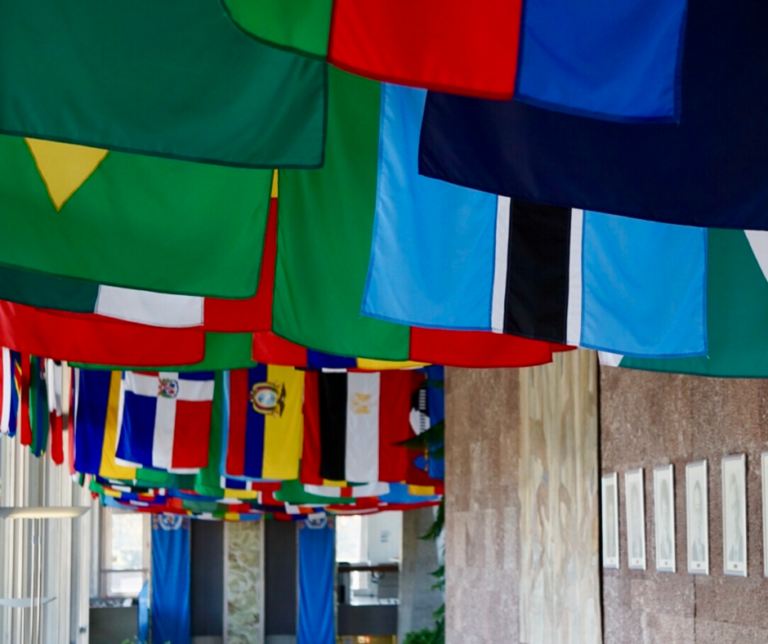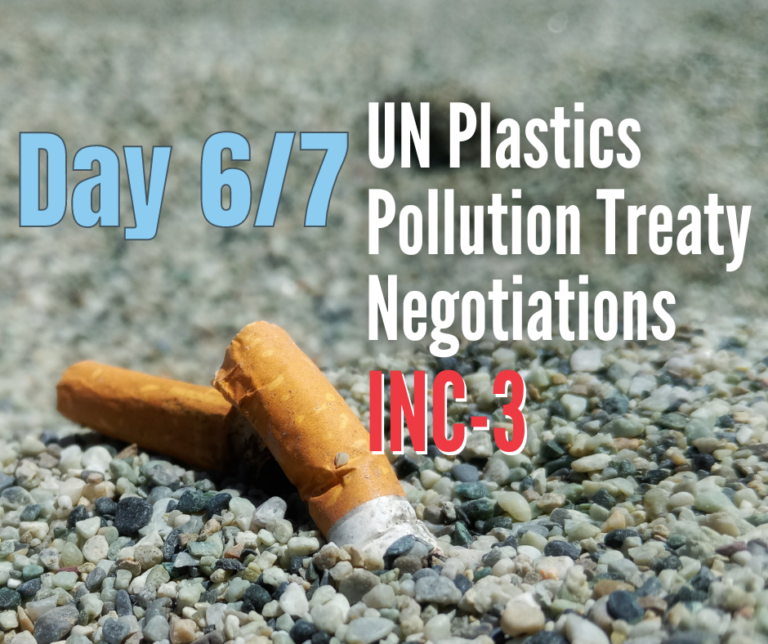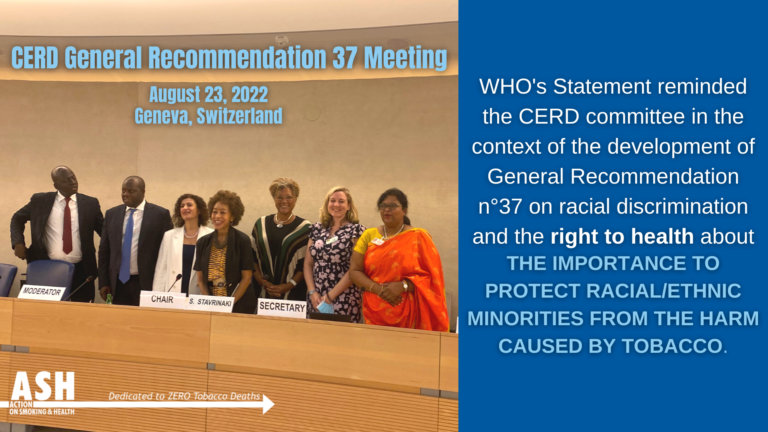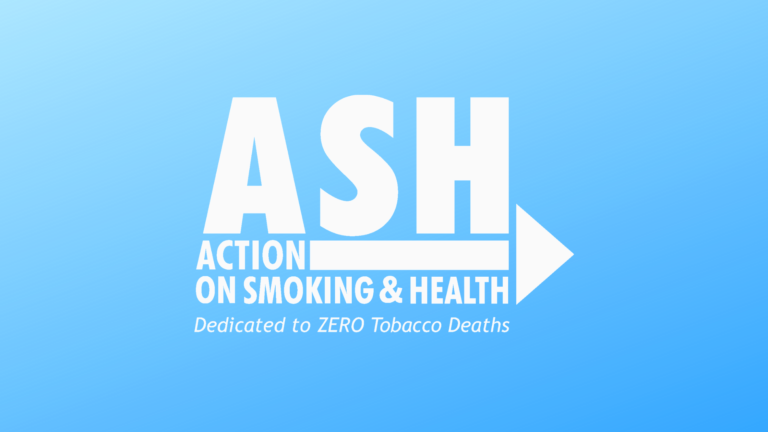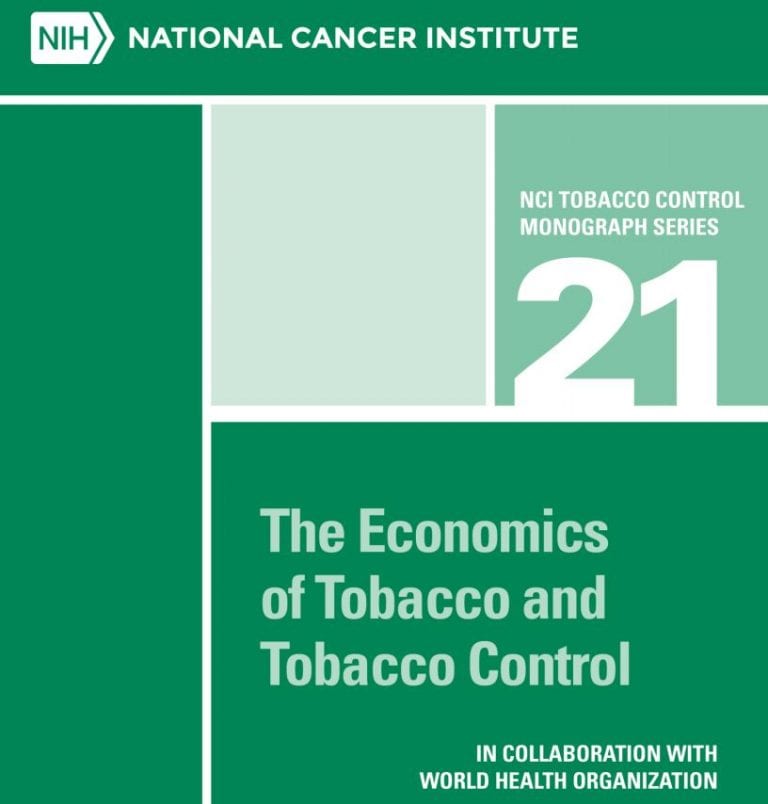
Breaking News:
The Basic Right to Breathe at Home Air Free of Neighbors’ Tobacco Smoke: How Can You Implement It?
Cigarettes and E-Cigarettes Are Not Recyclable
Women’s Rights Movement’s Impact on Tobacco Control
20 Years of FCTC | Chris Bostic’s Reflection
20 Years of FCTC | Laurent Huber’s Reflection
Honoring 20 Years of the WHO Framework Convention on Tobacco Control
Breaking News:
The Basic Right to Breathe at Home Air Free of Neighbors’ Tobacco Smoke: How Can You Implement It?
Cigarettes and E-Cigarettes Are Not Recyclable
Women’s Rights Movement’s Impact on Tobacco Control
20 Years of FCTC | Chris Bostic’s Reflection
20 Years of FCTC | Laurent Huber’s Reflection
Honoring 20 Years of the WHO Framework Convention on Tobacco Control














